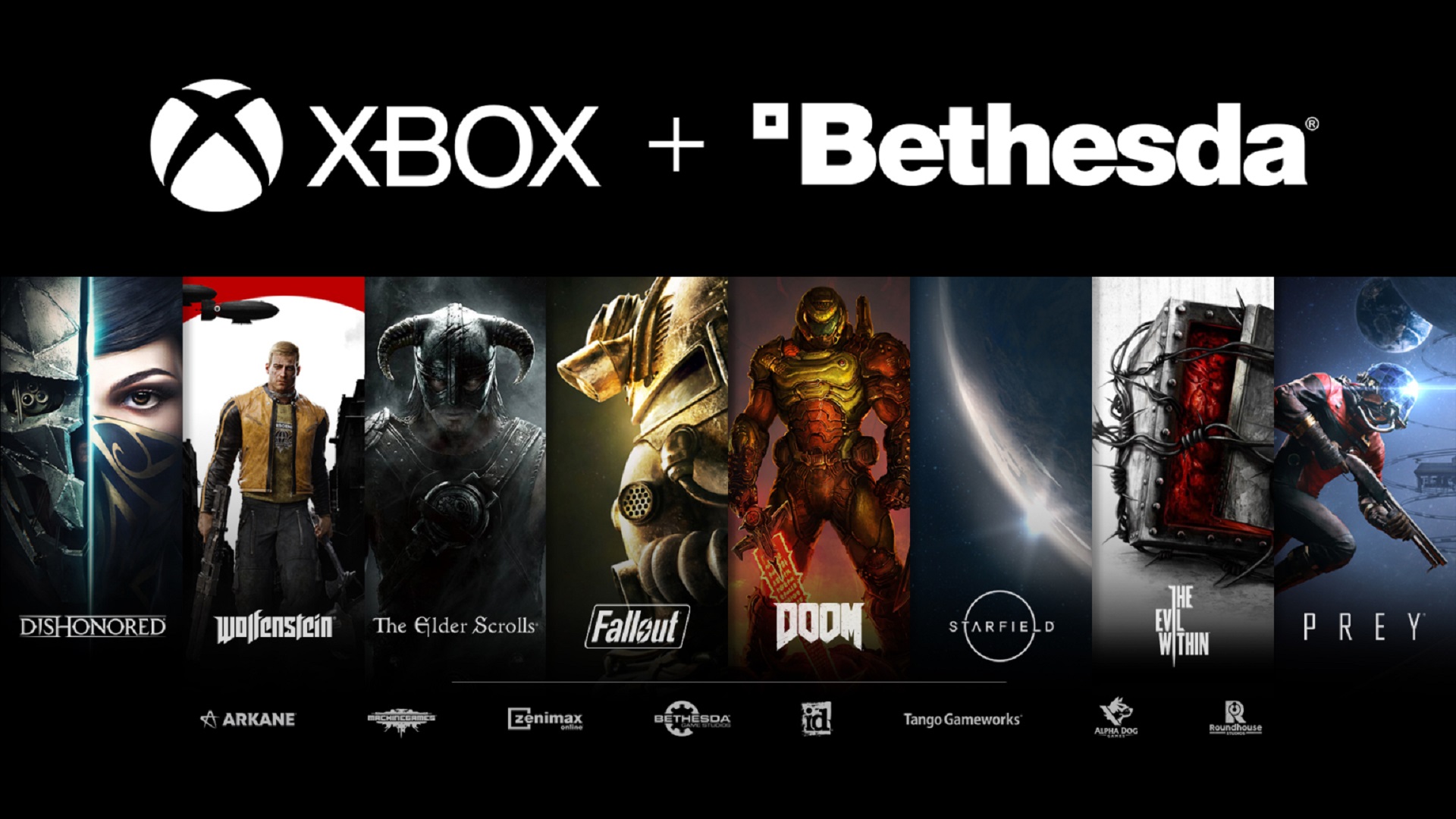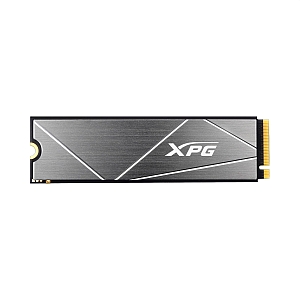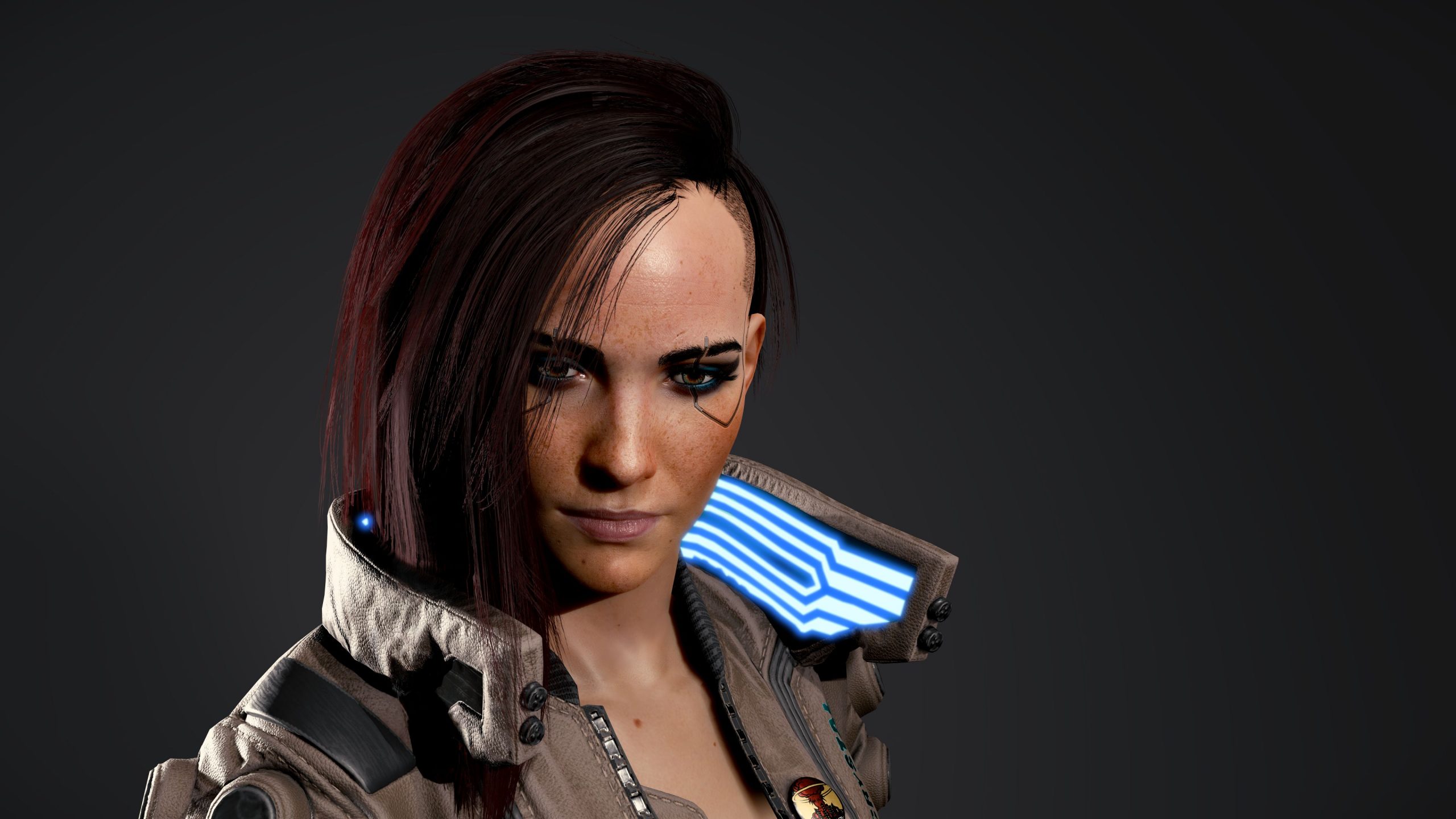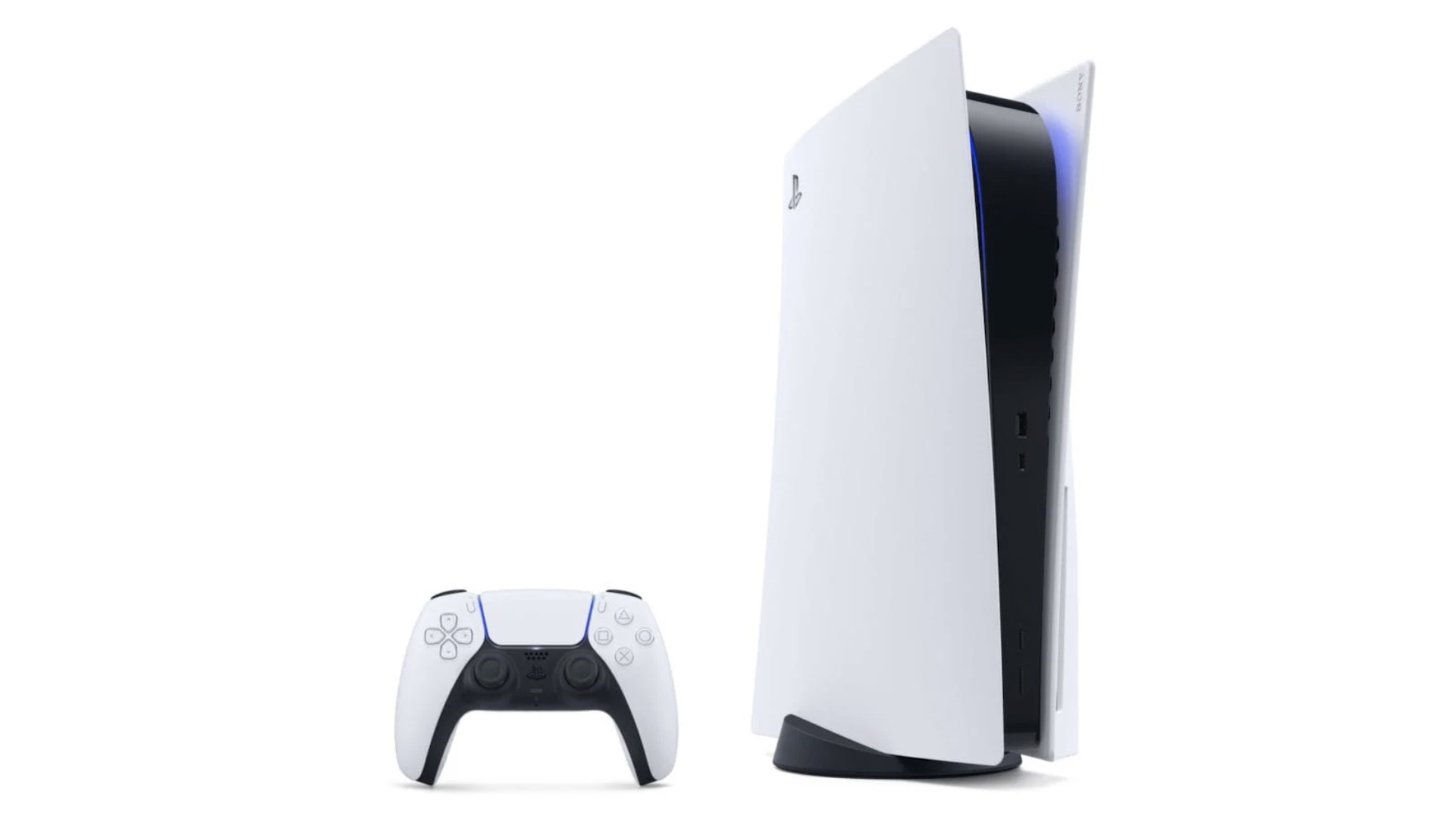
When Microsoft announced that it had acquired ZeniMax Media for $7.5 billion, owning companies like Bethesda, Arkane Studios, id Software and so on in the process, I attempted to make sense of the timed exclusivity deal for Deathloop and GhostWire: Tokyo. Sony announced that both titles would be timed exclusives for the PS5 with the former at least being exclusive for one year. That money is presumably still with Bethesda but the company is now owned by Microsoft with the latter benefiting from sales for both games. It’s a rigmarole but only the beginning of a labyrinth of questions that will continue for months.
Bethesda’s Pete Hines has clarified that the company will still publish its own games. Todd Howard talked about the trajectory of Microsoft and Bethesda, the partnership that both have shared over decades – from Morrowind coming to Xbox and Oblivion coming to Xbox 360 to Fallout 4 having support for mods on the Xbox One – and everyone sharing the “belief that expanding the reach of gaming was fundamental, whether it was on a PC, console, your phone, or the cloud.”
Let’s get the obvious stuff out of the way – this opens up The Elder Scrolls 6 to being on Xbox Game Pass at launch (Starfield has already been confirmed), increasing the service’s value immensely. In fact, this significantly augments other areas where Microsoft may have been lacking. It now has a second blockbuster shooter in DOOM to lean on. It has a fairly strong subscription-based MMO with The Elder Scrolls Online. It has several interesting new IPs that it could make new games for, like The Evil Within, Prey, Wolfenstein and Dishonored. It also has Fallout 76 for…something. And though we haven’t seen it on a huge scale yet, it opens up the potential for widespread collaboration with other Xbox Game Studios.
What’s especially more interesting is that Microsoft will honor the timed exclusivity agreement for Deathloop and GhostWire: Tokyo on PS5 but future titles will be on Xbox, PC and “other consoles on a case by case basis.” This means that it could pull an UNO Reverse card and have timed exclusivity for Bethesda’s titles on Xbox Series X and S. It could have special benefits only available to Xbox or Game Pass players (which it’s already doing with games like Phantasy Star Online 2). If the company were really serious, it could make The Elder Scrolls 6 and Starfield exclusive to the Xbox Series consoles and PC, end of story. Heck, you may see Skyrim Ultimate Edition at some point with ray-tracing and 120 frames support exclusive to the Xbox Series consoles, either permanently or as a timed deal.
It’s also kind of crazy to think that Microsoft doesn’t just own clones of Bethesda-style games like The Outer Worlds and the upcoming Avowed – it also owns the original games. You could look at it is diluting its portfolio with the same types of games or offering more variety to those who want it. Regardless, the consumer wins and Microsoft wins by default due to owning all of these IPs.
The acquisition could also present significant ramifications on the quality of Bethesda titles. We may see more extensive bug testing and delays to ensure maximum polish. We could see multi-platform games running better on Xbox Series consoles, purely on the basis of the developers having access to more resources to optimize their games better. There may even be instances where certain games receive unforeseen improvements, like inXile’s Wasteland 3 having full voice-acting thanks to Microsoft’s support.
The modding scene could also be significantly impacted. Given how popular mods are with The Elder Scrolls and Fallout communities, and how Obsidian is reportedly looking into mod support for Avowed, we could see Xbox becoming the prime destination for console mods. What impact mods will face with these games being available on Windows Store or requiring Xbox Live login even on Steam remains to be seen.
Of course, there is a somber way to look at all this as well. Bethesda was one of the biggest publishers in the gaming industry. With this acquisition, the industry as a whole is becoming more consolidated, which means that sooner or later, developers will have to look into throwing in their lot with one big company or another. And while certain Bethesda titles being exclusive to Xbox is a huge win for Microsoft, it could hurt PlayStation fans in the process. Not that Sony wasn’t doing its best to stick it to Xbox for the past several months, especially if rumors about the publisher negotiating for timed exclusivity with Starfield on PS5 are correct. Microsoft is essentially evening the score, but PS5 consumers may suffer as a result.
Then again, despite all these cutthroat business deals being made, it’s not like both companies won’t benefit. Microsoft could make Starfield available on the PS5 at the same time as Xbox Series X and S and PC. While it has to pay console license fees to Sony, it benefits from the revenue of selling more units. Both companies win but Microsoft could potentially draw more players over to its brand. “Would you really like to pay $70 for The Elder Scrolls 6?” it may ask after you complete Starfield. “Why not pick up an Xbox Series S and Game Pass and enjoy it for cheaper? There are a bunch of other games to enjoy as well.”
It’s also worth noting that we likely won’t see the true impact of this deal for years to come, much like with Microsoft’s other studio acquisitions. The Elder Scrolls 6 and Starfield are still years off, the former more than the latter. Deathloop and GhostWire: Tokyo will be PS5-console exclusive until 2022 at least. It’s the future that Microsoft is looking at – the company is preparing for a marathon, and not just a short sprint, aiming to increase engagement over the long run instead of selling as many consoles as possible in the opening few months. Granted, this takes time but for better or worse, Microsoft has indeed taken steps to widen its first-party portfolio with must-play games from high-profile studios.
Whatever your stance on all of this, it’s a given that the industry will never be the same again. But one has to also beg the question: If ZeniMax Media was open to acquisition, who else could be next? Larian Studios to corner the market on western RPGs? Warner Bros. Interactive Entertainment, which Microsoft was reportedly interested in acquiring and may have done so if parent company WarnerMedia didn’t have second thoughts? Electronic Arts, which has had a great reputation with the company for years and recently confirmed that EA Play would be included with Game Pass?
How will Sony respond? It already has a number of great first party titles coming and would likely look into picking up more studios. Perhaps it will sign even crazier third-party deals, that is, when Japanese developers aren’t already flocking to get their games on the console. You have to believe that Microsoft is anticipating all of this and will make its own moves in response. It’s an interesting back and forth exchange with neither letting up, perhaps leading to the most memorable console generation yet and the industry as a whole evolving. The possibilities, and their consequences, are endless and we can’t wait to see what happens next.
Note: The views expressed in this article are those of the author and do not necessarily represent the views of, and should not be attributed to, GamingBolt as an organization.







